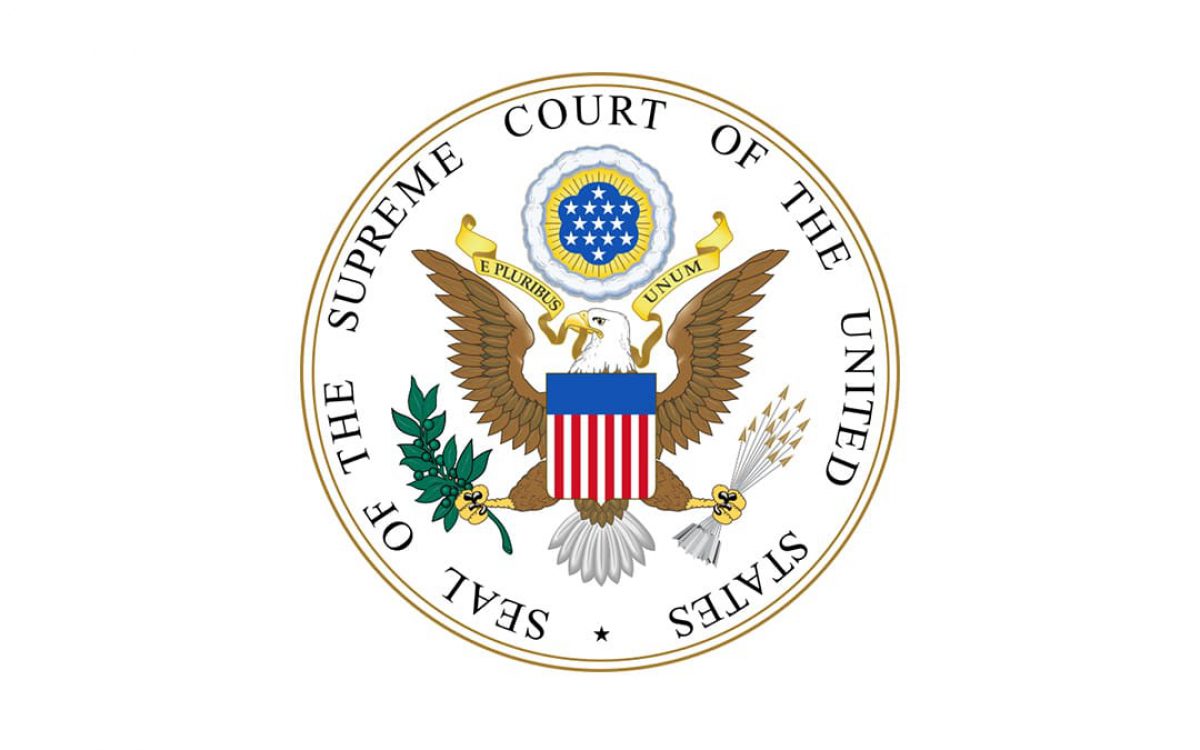On July 8th, the U.S. Supreme Court decided two cases involving the impact of religion in employment. First, the Supreme Court clarified the applicability of the Ministerial Exemption for religious organizations, including religious schools, from the federal antidiscrimination laws. Second, the Supreme Court upheld two interim rules from the Trump administration providing that employers who have sincerely held religious beliefs or moral objections against providing insurance coverage or payments for contraceptive services cannot be required to provide such coverage or payments.
The Ministerial Exception
In the first consolidated case before the Court, two plaintiffs were teachers at Catholic elementary schools. Both teachers signed employment agreements that expressly stated that their role was to promote the religious mission of the school and received employee handbooks that stated the same. The teachers’ employment agreements were not renewed, and they each filed Charges of Discrimination with the U.S. Equal Employment Opportunity Commission (EEOC)—one under the Age Discrimination in Employment Act (ADEA) and the other under the Americans with Disabilities Act (ADA). The Supreme Court found that the schools were shielded from liability under those federal discrimination statutes due to the “ministerial exception,” which provides generally that religious-based organizations are not subject to the federal employment discrimination laws. The underpinning for the ministerial exception rests, according to the Court, on “the general principle of church autonomy to which we have already referred: independence in matters of faith and doctrine and in closely linked matters of internal government.”
ACA Contraception Coverage Exception Due to Religious Belief
In the other case, two Trump administration rules were at issue: one rule expanded the church exemption to the ACA’s contraceptive mandate to include employers that object based on their “sincerely held religious beliefs” to providing insurance coverage or payments for contraceptive services. The second rule created an exemption for employers who hold sincere moral objections to providing certain forms or any contraceptive coverage. The Supreme Court upheld the two rules providing that employers who have sincerely held beliefs against providing insurance coverage or payments for contraceptive measures to covered females are exempt from the Patient Protection and Affordable Care Act of 2010 (ACA) requirements to provide such coverage. U.S. Supreme Court Upholds Religious Exemptions On July 8th, the U.S. Supreme Court decided two cases involving the impact of religion in employment. First, the Supreme Court clarified the applicability of the Ministerial Exemption for religious organizations, including religious schools, from the federal antidiscrimination laws. Second, the Supreme Court upheld two interim rules from the Trump administration providing that employers who have sincerely held religious beliefs or moral objections against providing insurance coverage or payments for contraceptive services cannot be required to provide such coverage or payments.
The Ministerial Exception
In the first consolidated case before the Court, two plaintiffs were teachers at Catholic elementary schools. Both teachers signed employment agreements that expressly stated that their role was to promote the religious mission of the school and received employee handbooks that stated the same. The teachers’ employment agreements were not renewed, and they each filed Charges of Discrimination with the U.S. Equal Employment Opportunity Commission (EEOC)—one under the Age Discrimination in Employment Act (ADEA) and the other under the Americans with Disabilities Act (ADA). The Supreme Court found that the schools were shielded from liability under those federal discrimination statutes due to the “ministerial exception,” which provides generally that religious-based organizations are not subject to the federal employment discrimination laws. The underpinning for the ministerial exception rests, according to the Court, on “the general principle of church autonomy to which we have already referred: independence in matters of faith and doctrine and in closely linked matters of internal government.”
ACA Contraception Coverage Exception Due to Religious Belief
In the other case, two Trump administration rules were at issue: one rule expanded the church exemption to the ACA’s contraceptive mandate to include employers that object based on their “sincerely held religious beliefs” to providing insurance coverage or payments for contraceptive services. The second rule created an exemption for employers who hold sincere moral objections to providing certain forms or any contraceptive coverage. The Supreme Court upheld the two rules providing that employers who have sincerely held beliefs against providing insurance coverage or payments for contraceptive measures to covered females are exempt from the Patient Protection and Affordable Care Act of 2010 (ACA) requirements to provide such coverage.
